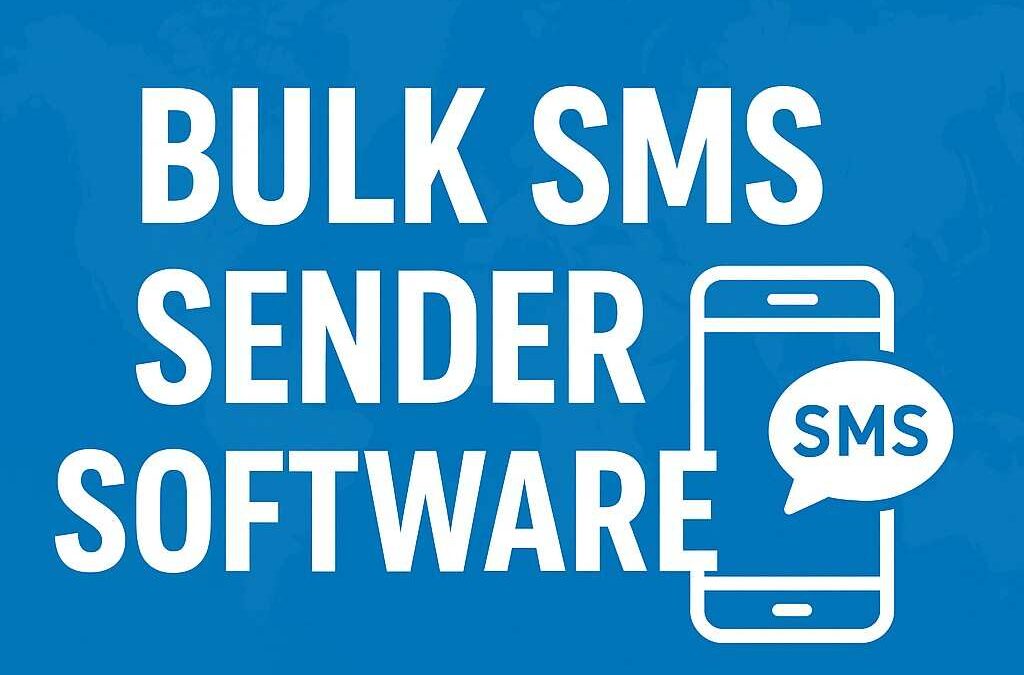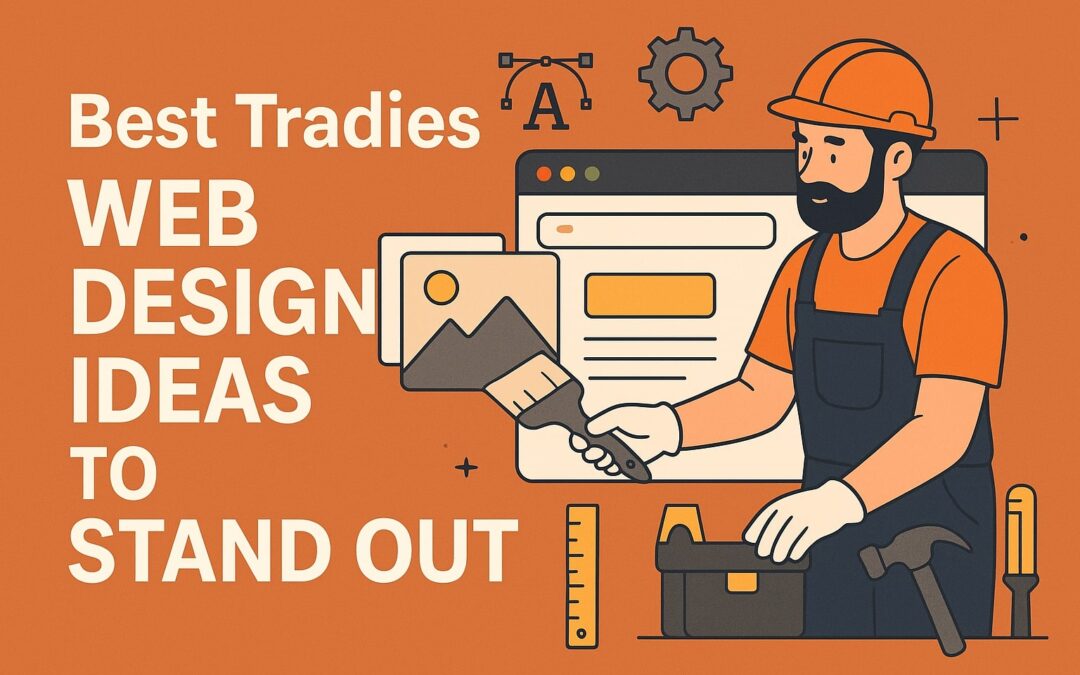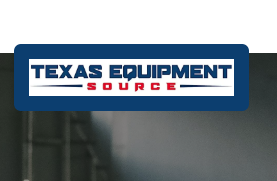Understanding VAT (value added tax) obligations is one of the most pressing and often underestimated challenges faced by small to medium-sized enterprises (SMEs) in the UK. From eCommerce businesses selling online to construction firms working on site, VAT compliance requires continuous monitoring, specialist insight, and a tailored approach. While most business owners are aware that VAT registration and returns are legally mandatory over a certain threshold, the complexities start when sector-specific nuances come into play.
This blog explores how VAT services are uniquely demanding across five key industries — eCommerce, hospitality, medical, construction, and property — and why a one-size-fits-all approach can result in errors, financial penalties, and HMRC scrutiny.
The eCommerce VAT Dilemma
For eCommerce sellers, VAT compliance is notoriously difficult. This is largely due to international sales, multi-channel platforms, fluctuating pricing, and the need to distinguish between standard-rated, zero-rated, and exempt goods. Platforms like Amazon, eBay, and Shopify come with their own tax-reporting intricacies. Many sellers often search for how to start ecommerce business but overlook the VAT implications right from the beginning. For example, digital products, drop-shipping models, and importing goods from outside the UK add complexity. Sellers using third-party fulfilment centres must factor in reverse charges, import VAT, and intra-community acquisition rules.
Mistakes commonly made include failing to register for VAT once the turnover threshold of £90,000 is breached, charging incorrect VAT rates, or not understanding when to use the Flat Rate Scheme. These errors can result in misfiled returns, incorrect payments, and letters from HMRC.
Professional eCommerce accountants not only provide reconciliation support across multiple channels, but also offer guidance on which VAT schemes suit your model. They can advise on import/export VAT, distance selling thresholds, and Post-Brexit VAT rules for EU trade. Most importantly, they help eCommerce sellers stay penalty-free with accurate returns and deadline compliance.
VAT Pressure in the Hospitality Industry
VAT in hospitality is complex due to the range of supplies made — food, accommodation, alcohol, and events. Each product or service may attract a different VAT rate: for instance, cold takeaway food is zero-rated, but hot takeaway food is standard-rated.
During the COVID-19 pandemic, temporary VAT reductions added another layer of confusion for pubs and restaurants. Now that the rates have normalised, business owners must remain vigilant about their compliance obligations. The VAT threshold still applies, but VAT accounting under the Flat Rate Scheme can sometimes be beneficial for smaller operators.
Where businesses face the greatest challenge is in the segmentation of sales. Hospitality businesses often provide packages (e.g. bed and breakfast, or food and live entertainment) and must apportion VAT correctly. Errors in VAT recovery on purchases (input tax) or incorrect classification of mixed supplies could prompt audits.
With specialised hospitality VAT guidance and proactive VAT services, businesses can track taxable income, apply accurate rates, and optimise their recovery of VAT on capital expenditures like refurbishment. This is where hospitality accountants become indispensable — they understand the industry intricacies and offer tax strategies aligned to operational needs.
Medical Sector: Commonly Misunderstood VAT Exemptions
One of the biggest myths in the medical sector is that everything is VAT-exempt. While it’s true that many services delivered by registered health professionals are exempt, the line becomes blurred when private services or product sales are introduced.
For example, a dental clinic offering cosmetic teeth whitening may need to charge VAT. Similarly, physiotherapists selling health supplements might trigger taxable activity. The challenge lies in knowing when a service is healthcare-related (exempt) and when it veers into commercial territory (standard-rated).
Medical accountants are vital here — they can perform VAT mapping exercises, clarify exemptions versus standard-rated sales, and ensure proper documentation is maintained to justify zero ratings. Not understanding these nuances often leads to underpayment, triggering backdated VAT liabilities and HMRC fines.
Construction Industry: Complex Rules for Reverse Charges
Perhaps the most frequently misunderstood VAT complication arises in construction, especially post-2021 when the Domestic Reverse Charge for VAT was introduced. Under this mechanism, subcontractors no longer charge VAT on certain construction services — instead, the responsibility is passed to the contractor receiving the service.
Many subcontractors still incorrectly charge VAT, unaware of the compliance change. Simultaneously, contractors either forget to account for the reverse charge or apply it inappropriately.
Additionally, distinguishing between new builds (zero-rated), renovations (reduced rate), and maintenance work (standard-rated) becomes a serious bookkeeping burden. Professional construction accountants trained in CIS (Construction Industry Scheme) and VAT ensure that businesses apply the correct VAT treatments and report transactions properly on returns.
HMRC penalties for misreporting are increasingly common in the construction realm. Dedicated VAT services help avoid these issues by ensuring that documentation, supply chains, and tax positions are reviewed regularly.
VAT in the Property Sector: Long-Term Pitfalls
The property industry deals with some of the most nuanced VAT treatments. Generally, residential property sales and rentals are exempt from VAT — however, commercial property can be opted to tax, which alters its VAT status. Mistakes often arise when developers and landlords don’t account for the “option to tax” election, apply wrong rates to mixed-use developments, or claim incorrect input tax on renovation projects.
For example, a property company converting a commercial building into flats may wrongly reclaim VAT if the final output is exempt. Also, service charges on leasehold properties can attract VAT, but landlords often overlook this detail.
Property management accountants with expertise in VAT can assist with election paperwork, apportionment, and capital goods scheme rules. Their insight ensures landlords and developers remain HMRC compliant while maximising allowable VAT reclaims.
Sector-Wide VAT Mistakes SMEs Must Avoid
Across all industries, the following VAT mistakes are alarmingly common:
-
Not registering for VAT when required
-
Filing late or inaccurate VAT returns
-
Charging wrong VAT rates on goods and services
-
Claiming VAT on exempt supplies
-
Failing to retain correct records or invoices
-
Not using industry-specific VAT services
These errors not only result in financial loss but also tarnish a business’s standing with HMRC. Once flagged, SMEs may be subjected to more frequent audits and potential suspensions from schemes like Making Tax Digital.
Why Sector-Specific Help Matters
Every industry has its own set of VAT regulations, and relying on generic advice can prove disastrous. While DIY bookkeeping or software might seem cost-effective initially, it often lacks the sophistication to manage sector-specific VAT compliance.
Whether you are learning how to start ecommerce business or managing a long-established hospitality chain, having accountants who specialise in your field is crucial. They ensure every invoice, purchase, and service is treated correctly for VAT, improving both compliance and profitability.
Learn more about E2E
At E2E Accounting, we understand that VAT is not just a tax — it’s a moving target that requires dedicated focus, updated knowledge, and sector-relevant insight. Our team of experienced eCommerce accountants, hospitality accountants, medical accountants, construction accountants, and property management accountants offer tailored VAT services that align with your operational model.
From managing complex Flat Rate Scheme transitions to handling HMRC audits and registration needs, E2E ensures you’re always ahead of the compliance curve.
Contact E2E today to avoid VAT pitfalls and benefit from reliable, industry-specific VAT support that protects and strengthens your business.







0 Comments